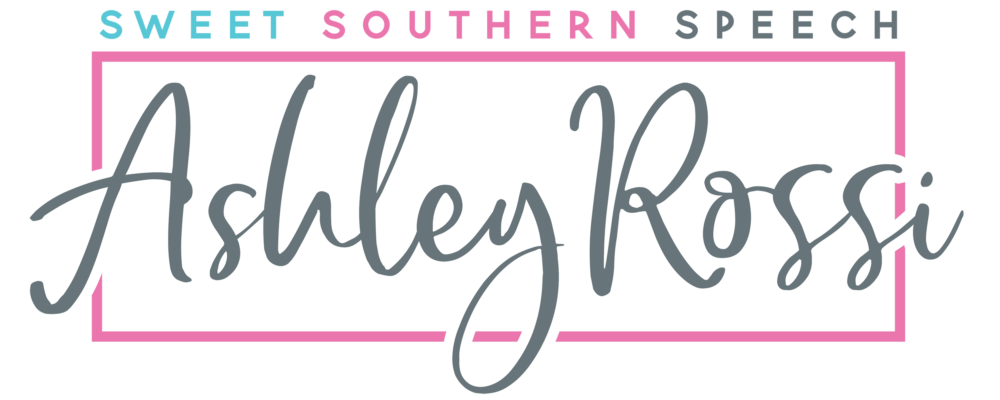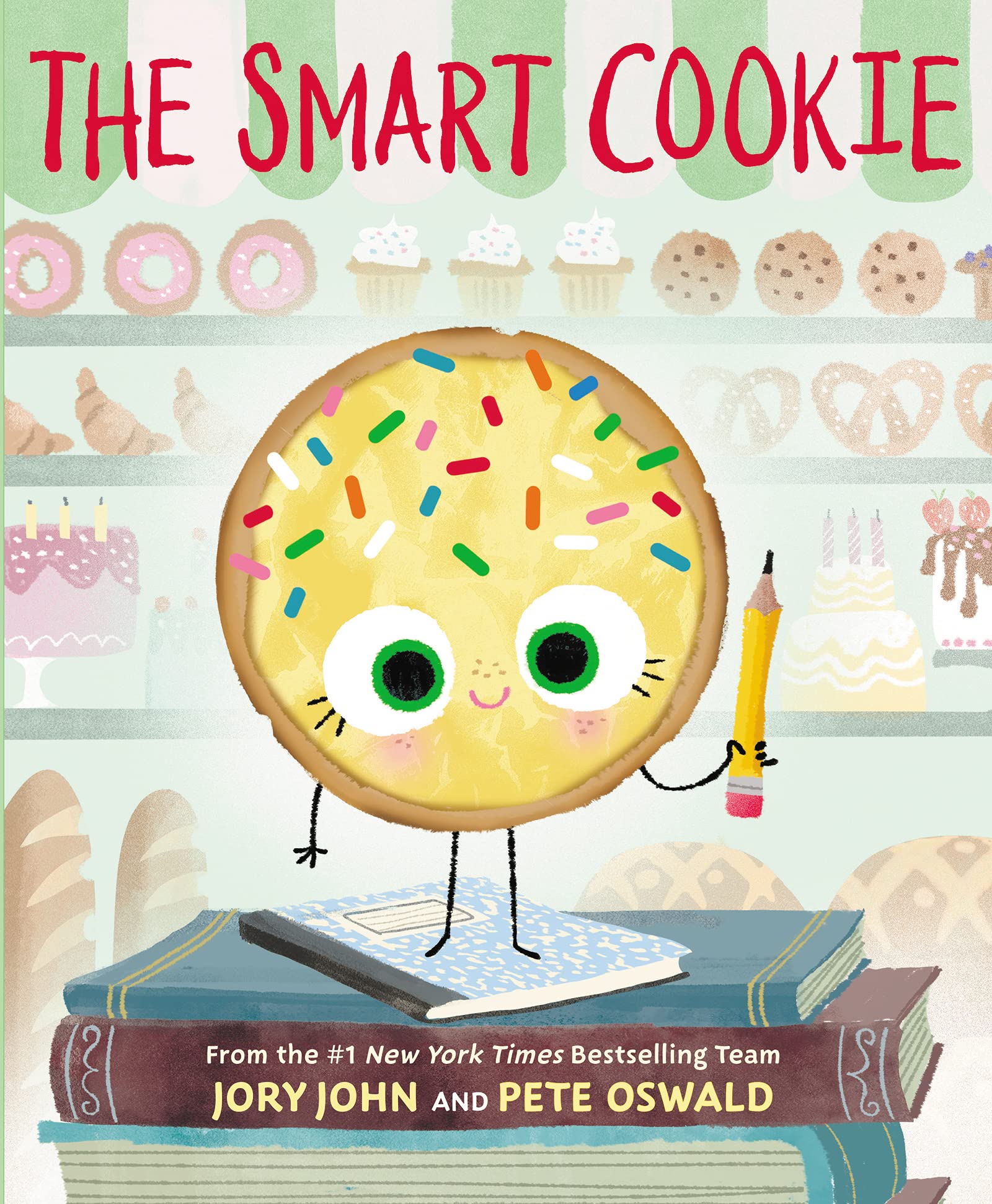This cookie has never felt like a smart cookie no matter how hard she tries, especially in comparison to all the clever cupcakes and brilliant rolls in the bakery. Will a dash of creativity and a sprinkle of confidence be enough to help her learn that perfect scores and having all the answers aren’t the only ingredients for intelligence?
This adorable back to school book can be used in speech therapy to address social/emotional issues like not having all the right answers and feeling uncomfortable at school. It is also great for noticing character expressions and for targeting idioms as well as for describing! Discover more of the speech and language teaching concepts for using The Smart Cookie in speech therapy below:



